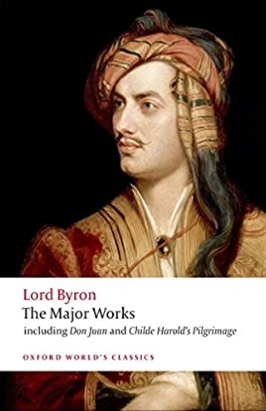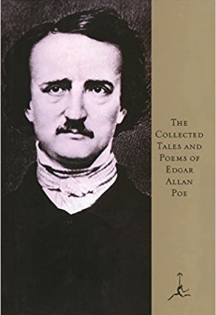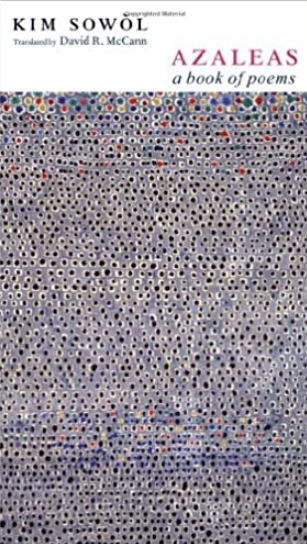
John Keats’s Odes – Keats typifies the young romantic poet whose genius is tragically extinguished too soon. Before his death at the age of 25, he wrote to Fanny Brawne, the woman he loved, “I have left no immortal work behind me…but I have lov’d the principle of beauty in all things, and if I had had time I would have made myself remember’d.” Many have proved his enduring legacy, however, including Winston Churchill, who is said to have been so struck by Keats’s Odes that he learned them by heart.
Percy Shelley’s Prometheus Unbound – Although Shelley’s career was marked by scandal as well as tragedy—he famously abandoned his first wife to elope with a 16-year-old Mary Godwin (later Shelley), who would go on to write Frankenstein—he is often remembered as an idealist and reformer. Inspired by Aeschylus’ Prometheia, Shelley’s Prometheus Unbound imagines an apocalyptic renewal of the world brought about by the chained Titan’s forgiving of his oppressor, Jupiter.

Lord Byron’s Cain – Lord Byron’s reputation as “mad, bad, and dangerous to know” was not improved by his retelling the story of Cain and Abel from the perspective of Cain. As a kind of extension of Milton’s Paradise Lost, however, Byron presents a fascinating consideration of the first generation to struggle with the human inheritance of original sin and mortality.
Alexander Pushkin’s The Tales of the Late Ivan Petrovich Belkin – Revered by Dostoevsky and many others as the father of modern Russian literature, Pushkin was tragically killed in a duel in which he challenged the alleged paramour of his famously beautiful wife. His short story collection, The Belkin Tales, demonstrates his characteristic wit, brilliance, and love of Russian culture, and includes “The Shot,” a story of a dramatic (and poignant, when considered in light of the author’s own death) duel.

Edgar Allan Poe’s “The Purloined Letter” – Though more often recognized for his haunting and morbid poetry and horror stories, Poe also originated the detective story. Poe’s detective stories established the mystery genre, while his clearheaded, but eccentric, detective, Auguste Dupin, who first appears in “The Murders in the Rue Morgue,” served as the model for later successors, such as Arthur Conan Doyle’s Sherlock Holmes and Agatha Christie’s Hercule Poirot.
Anne Brontë’s The Tenant of Wildfell Hall – More a realist novelist than her more romantic older sisters, Charlotte and Emily, who also died young (at ages 38 and 30 respectively), Anne, who died at 29, rather deconstructs the Gothic and Byronic themes and heroes that her sisters idealized. Her Tenant of Wildfell Hall, now widely regarded as one of the first feminist novels, follows a young woman’s unhappy marriage to a dissolute husband and her pursuit of an artistic career.

Kim Sowol’s Azaleas – A beloved national poet, Kim Sowol may be Korea’s best case for a Korean romantic poet. Though writing during a time of Japanese colonial occupation, Sowol’s poetry collection does not directly address political or social issues, but rather evokes the style and tone of Korean folk songs to convey the quaint charms and poignant longings of his native culture. His often sorrowful lines—When you leave, / weary of me, / without a word I shall gently let you go”—seem to capture the yearning of a life unfulfilled.